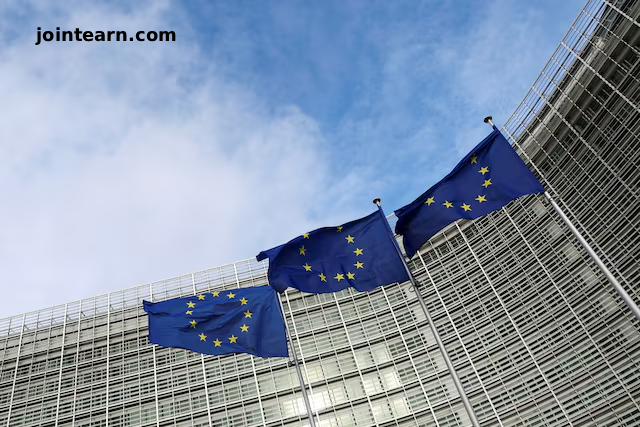
The European Union (EU) and China have reaffirmed their commitment to ongoing dialogue regarding export control policies, aiming to ease rising trade tensions between the two economic powers. The announcement came a day after EU and Chinese officials met in Brussels for high-level talks on trade and technology-related export controls.
During the discussions, both sides focused on China’s rare earth export policies, which have been a point of concern for European industries that rely heavily on these critical materials. China has agreed to pause the expansion of its export controls for one year, a move that applies directly to the EU, according to EU Trade Commissioner Maros Sefcovic.
“China confirmed that the suspension of the October export controls applies to the EU. Both sides reaffirmed commitment to continue engagement on improving the implementation of export control policies,” Commissioner Sefcovic stated in a post on social media platform X.
The talks highlight the EU’s ongoing efforts to protect European supply chains and ensure stable access to essential materials, including rare earths that are vital for electronics, automotive, and green energy technologies.
Another key topic of discussion was Nexperia, the Chinese-owned semiconductor manufacturer recently taken over by the Dutch government. The case has raised concerns about potential disruptions to the European semiconductor supply, particularly for carmakers who rely on consistent chip deliveries. Officials are expected to continue negotiations on the matter to prevent any further interruptions.
The dialogue between Brussels and Beijing is part of a broader strategy by the EU to engage with major trade partners while safeguarding critical industries from sudden policy changes. Analysts suggest that sustained communication on export control implementation and semiconductor security will be crucial to maintaining a balanced and resilient trade relationship between the EU and China.
The European Commission emphasized that both sides aim to enhance transparency and cooperation in the enforcement of export policies, reducing the risk of sudden regulatory changes that could disrupt global trade.
Background:
- EU-China trade relations have faced increasing strain due to concerns over technology transfer, rare earth exports, and semiconductor production.
- Rare earth elements are essential for manufacturing electronics, electric vehicles, and renewable energy components.
- The Dutch government’s intervention in Nexperia reflects Europe’s growing focus on securing critical technology supply chains.
Moving forward, EU officials plan to continue engagement with China, ensuring that any export controls are implemented transparently and predictably, helping European businesses navigate complex global supply networks without unexpected disruptions.


Leave a Reply